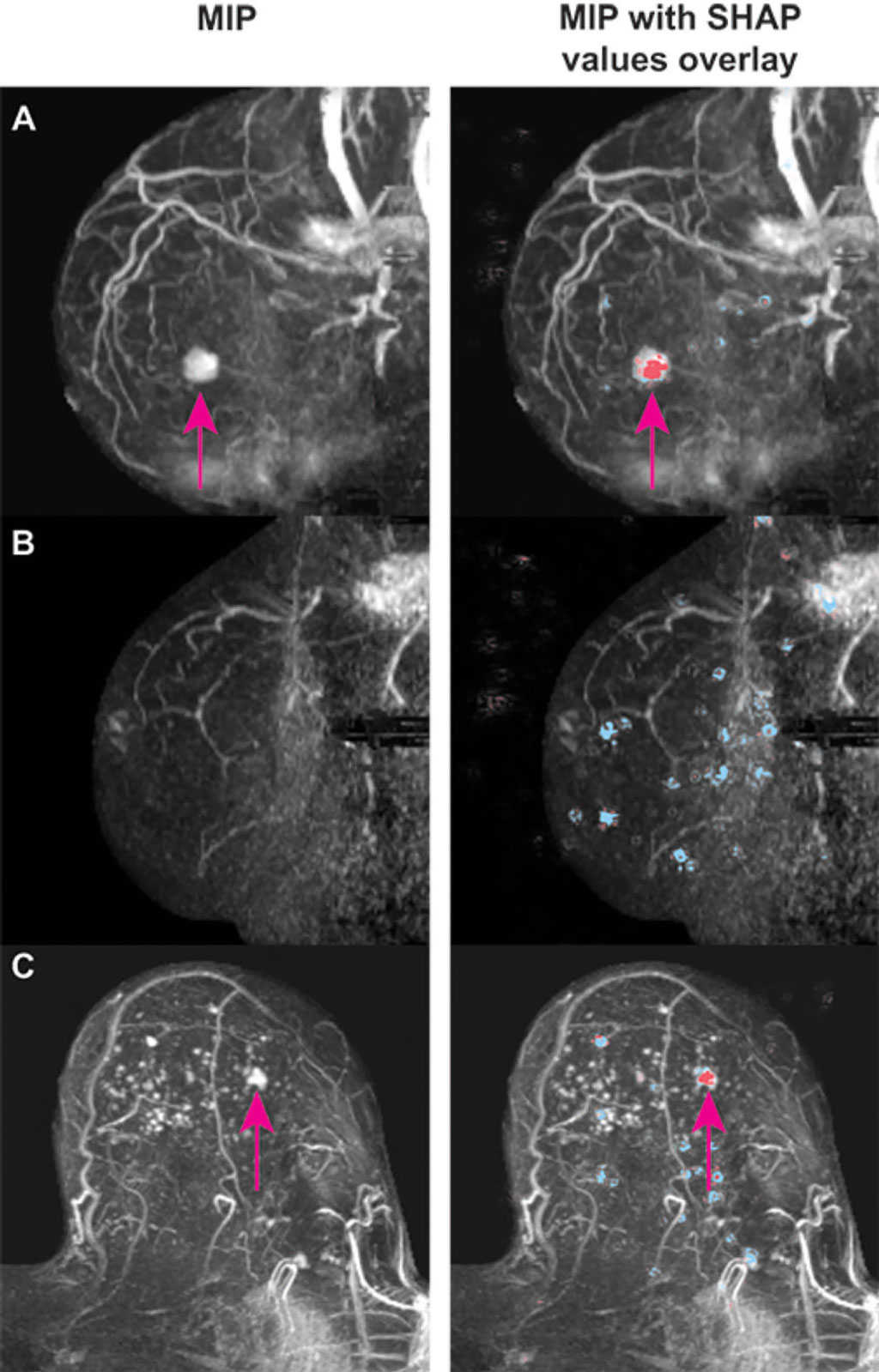Automated AI System Quickly and Accurately Sifts through Breast MRIs to Rule out Cancer in Dense Breasts
Posted on 08 Oct 2021
An automated system that uses artificial intelligence (AI) can quickly and accurately sift through breast MRIs in women with dense breasts to eliminate those without cancer, freeing up radiologists to focus on more complex cases.
Scientists from the Image Sciences Institute at the University Medical Center Utrecht (Utrecht, the Netherlands) used more than 4,500 MRI datasets of extremely dense breasts to develop and train a deep learning model to distinguish between breasts with and without lesions. The deep learning model dismissed about 40% of the lesion-free MRIs without missing any cancers.

Mammography has helped reduce deaths from breast cancer by providing early detection when the cancer is most treatable. However, it is less sensitive in women with extremely dense breasts than in women with fatty breasts. In addition, women with extremely dense breasts have a three- to six-times higher risk of developing breast cancer than women with almost entirely fatty breasts and a twofold higher risk than the average woman. Supplemental screening in women with extremely dense breasts increases the sensitivity of cancer detection. Research from the Dense Tissue and Early Breast Neoplasm Screening (DENSE) Trial supported the use of supplemental screening with MRI.
Since most MRIs show normal anatomical and physiological variation that may not require radiological review, ways to triage these normal MRIs to reduce radiologist workload are needed. In the first study of its kind, the research team set out to determine the feasibility of an automated triaging method based on deep learning, a sophisticated type of AI. The researchers used breast MRI data from the DENSE trial to develop and train the deep learning model to distinguish between breasts with and without lesions. The model was trained on data from seven hospitals and tested on data from an eighth hospital.
More than 4,500 MRI datasets of extremely dense breasts were included. Of the 9,162 breasts, 838 had at least one lesion, of which 77 were malignant, and 8,324 had no lesions. The deep learning model considered 90.7% of the MRIs with lesions to be non-normal and triaged them to radiological review. It dismissed about 40% of the lesion-free MRIs without missing any cancers. The AI-based triaging system has the potential to significantly reduce radiologist workload and the researchers now plan to validate the model in other datasets and deploy it in subsequent screening rounds of the DENSE trial.
“We showed that it is possible to safely use artificial intelligence to dismiss breast screening MRIs without missing any malignant disease. The results were better than expected. Forty percent is a good start. However, we have still 60% to improve,” said study lead author Erik Verburg, M.Sc., from the Image Sciences Institute at the University Medical Center Utrecht in the Netherlands. “The approach can first be used to assist radiologists to reduce overall reading time. Consequently, more time could become available to focus on the really complex breast MRI examinations.”
Related Links:
University Medical Center Utrecht






 Guided Devices.jpg)







